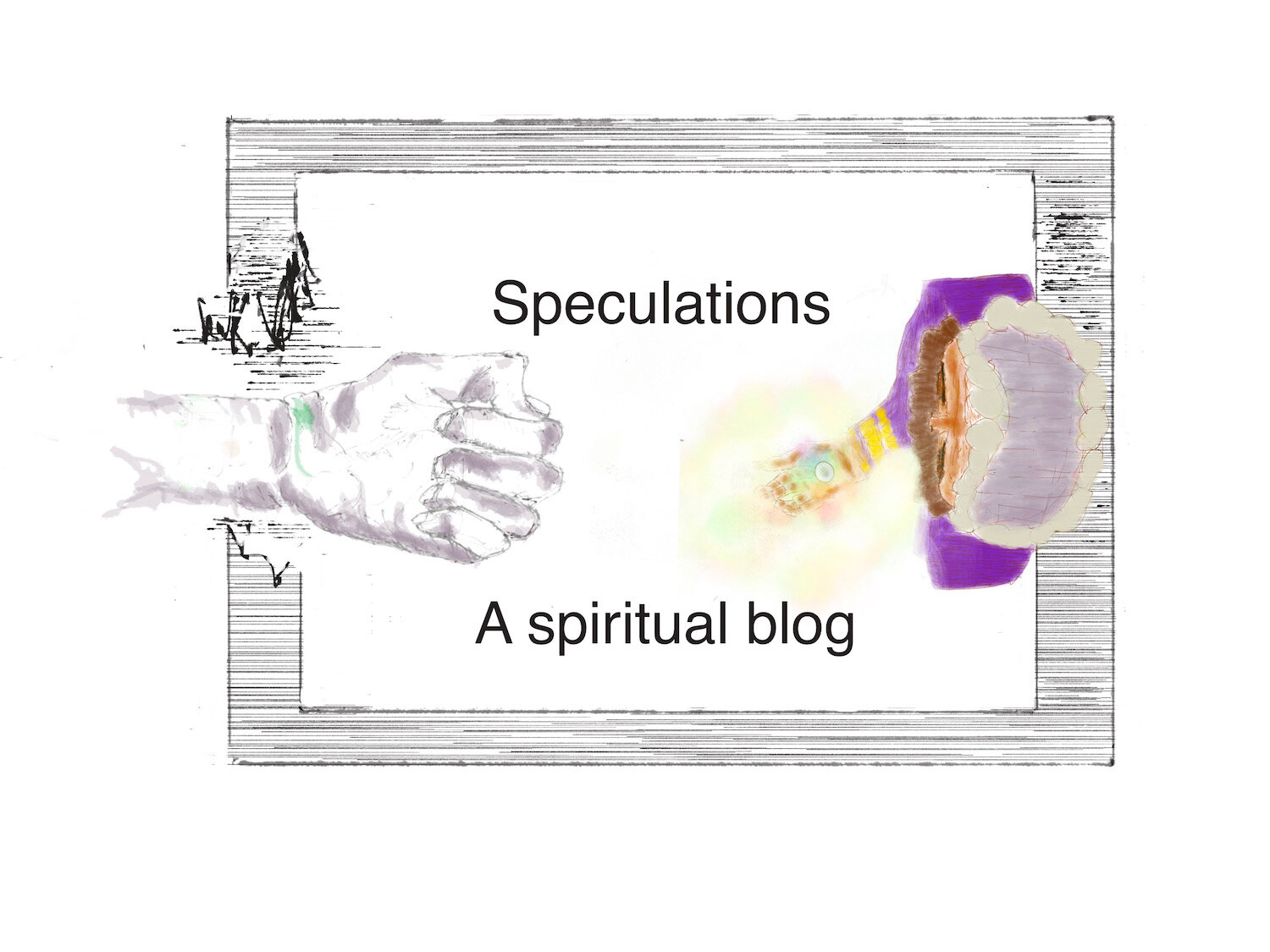
Speculations
I think it’s time to write down what I’m up to in these spiritual posts, particularly the theological ones—and why I think and hope they may be of some use, especially to queer people who remain attached to Catholic-Christian ways of living and feeling. First of all, we queer people aren’t sheep; we’re goats. We don’t belong in the sheepfold. But that doesn’t mean that God rejects us. In fact, he speaks to and through us all the time. He calls us. Unlike some of the institutions that claim to speak in his name, he accepts us, and loves us.
No matter how holy a person may be, he or she acts and teaches and witnesses within the necessarily partial and imperfect and “sinful” limits of a particular culture and time. Therefore his or her teaching and witness is necessarily tainted and incomplete. This applies to the greatest of teachers. Where his human knowledge is concerned, it applies to the Lord Jesus himself. Hence—to cite only one example—his belief that possession by evil spirits was the cause of illness.
We know what thousands of people have thought and said concerning Jesus, who is arguably the most influential person who ever walked on this earth—but we know absolutely nothing with any certainty about the man himself. Yet out of this historical uncertainty comes a faith notable for its celebration of certainty: certainty that Jesus not only lived, but that he was, in the words of one of the early councils, fully God and fully man, the fulcrum of human history….
…So the pandemic hasn’t meant much change to my basic routine—a bit more rigor in the social isolation; cutting back my already limited social activities; social-distancing and mask-wearing and hand washing; Zoom inevitably, but not, happily, every day. Yet it feels different, as the weeks and months tick by. Something has changed, beyond the strange quiet in the streets. I’ve learned something about solitude….
The more I meditate on the scriptures, the more problematic the teachings of Paul become. And that’s not a small thing. Some scholars consider him to be the true founder and creator of the Christian religion. And whether you accept that view or not (I don’t), it’s indisputable that for centuries we have perceived Jesus through the filter of Paul.
Lazarus was a young gay man who lived with his sisters, Martha and Mary, in the village of Bethany, not far from Jerusalem. They were comfortably off, and Jesus numbered them among his friends. He and his disciples would visit their house when they were in the neighborhood. One day, Lazarus got sick….
Night after night I connect to a feeling of warmth and peace; I feel loved. This experience brings healing, and maybe that’s the deepest kind, since it displaces and dissolves the hurt and anger that are so much a part of every human life, including mine. As, little by little, the negative feelings drain away, so does the need to get back, to be right, to have revenge, to be superior.
My father was tortured by insomnia. He’d wake at two or three every morning and roam around the house, especially the kitchen, opening and shutting cupboard doors. Then he’d return to thrash and groan in bed. He’d doze off briefly and jerk himself awake, muttering, “I wasn’t asleep, I wasn’t asleep.” And in the morning he’d lament his exhaustion.








As I draw these strangely beautiful manifestations of God’s imagination, I muse both on the brilliance of their adaptation, and the profound dysfunction of my own human species: how, like a particularly virulent virus, we live to destroy other living things, without moderation and without limits, apart from our own self-annihilation. It’s hard to avoid the suspicion that every other species on our mutual planet would be better off if we did not exist.